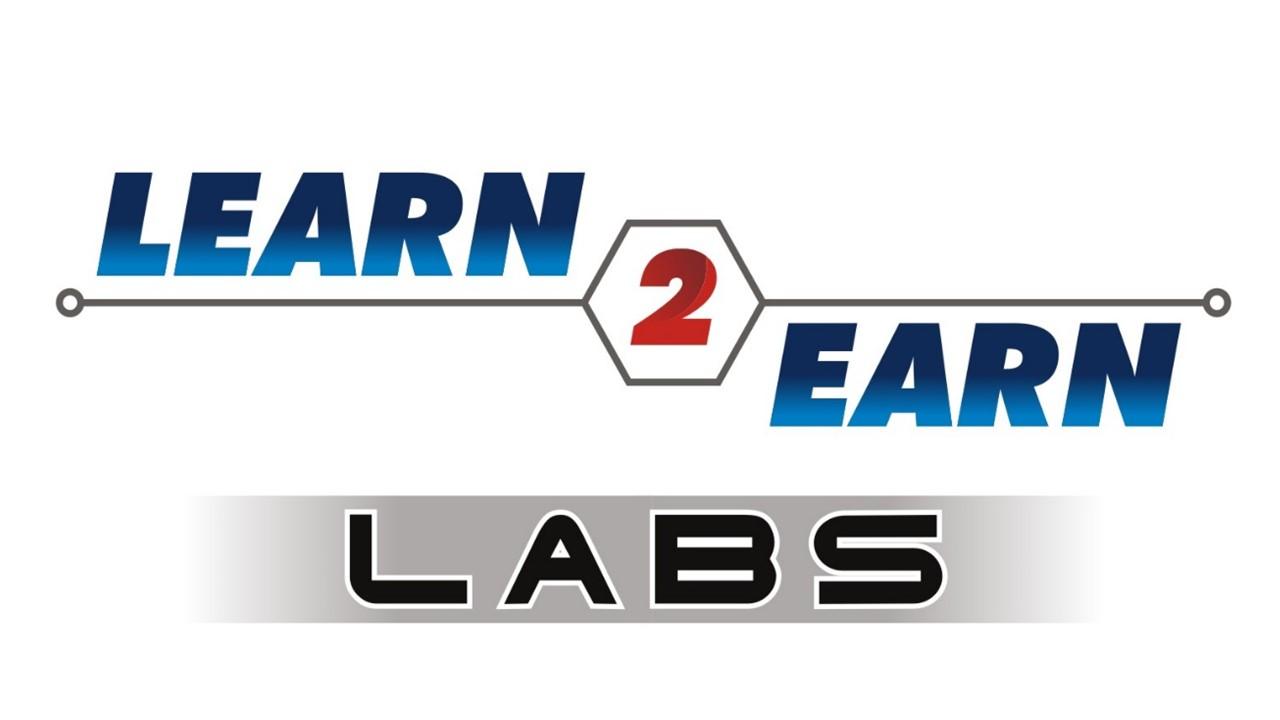Java Assignments — Code. Reason. Master.
Grow from language fundamentals to production-grade Java with topic-wise assignments. Each set includes 20 Basic, 20 Intermediate, and 10 Advanced questions so learners can practice intentionally and level up fast.
Your first two assignments cover the essentials: variables & data types, casting, operators, control flow, loops, methods & overloading, pass-by-value, arrays, strings & StringBuilder/StringBuffer, heap vs stack, static vs instance, naming & style, packages & classpath/modules, IDE setup, console I/O with Scanner, and primitives vs wrappers.
The remaining nine assignments deepen your skills across OOP, inner classes & lambdas, exceptions, I/O & Files API, multithreading, collections & generics, regular expressions, streams & pipelines, and JDBC with MySQL.
Why practice with these assignments?
- Move beyond theory—write classes, handle files, model data, and debug with real tasks.
- Build professional habits: exception safety, tests, readable APIs, and performance awareness.
- Get interview-ready with topics like collections/generics, concurrency, streams, and JDBC.
How it works
- Open any assignment and attempt questions in order: Basic → Intermediate → Advanced.
- Run code locally (CLI/IDE), inspect outputs & logs, and refactor for clarity.
- Validate behavior with edge cases; prefer pure methods and small tests.
- Keep a short “what I learned” note per problem—this compounds fast.
What you’ll achieve
- A solid mental model of objects, state, references, and polymorphism.
- Confidence with I/O, paths, encodings, buffering, and the Java 8 Files API.
- Working knowledge of threads, synchronization, atomics, executors, and fork/join.
- Fluency in collections/generics, regex, streams, and JDBC end-to-end.
Who should use this page?
Beginners learning Java, students preparing for interviews, and developers who want to turn core skills into reliable, production-worthy code.
Tips for success
- Target JDK 17+ (or the version your course uses). Prefer a build tool (Maven/Gradle) and consistent project layout.
- Write small, focused methods; avoid hidden state; name things clearly.
- Print intermediate values while learning; add assertions or lightweight tests.
- For concurrency tasks, start simple, then add synchronization/atomics and verify outcomes.
- When doing I/O, handle charsets and always close resources (prefer try-with-resources).
Ready to build real confidence in Java? Pick a set below and start solving!
FAQs
Q1. Which Java version should I use?
Use JDK 17 or higher unless your environment requires another LTS version. Most tasks compile on Java 11 and above. Features like streams, Files API, and concurrency are well supported.
Q2. What IDE or setup do you recommend?
IntelliJ IDEA or Eclipse is recommended. Start by creating a simple “Hello, Java” console app, configure a build tool like Maven or Gradle, and test running from both the terminal and IDE to confirm your setup.
Q3. How do I verify my solutions?
Check program output, edge cases, and error handling. For I/O and JDBC, use try-with-resources to ensure resources are closed. For multithreading tasks, confirm the final state and absence of race conditions.
Q4. Are there OOP-focused tasks?
Yes. You will practice classes, constructors, inheritance, interfaces, method overriding and overloading, and polymorphism. These come before more advanced topics like concurrency or JDBC.
Q5. How much time should I spend per assignment?
Plan 30–60 minutes per difficulty band (Basic, Intermediate, Advanced). More advanced sets like streams, concurrency, and JDBC may take longer at first.
Q6. Will I learn modern Java features like lambdas and functional style?
Yes. Assignments include lambdas, functional interfaces, and method references, especially when working with streams and utility APIs.
Q7. Do assignments cover files and encodings?
Yes. You will practice byte vs character streams, buffering, Unicode and UTF-8 encoding, path operations, and performance comparisons.
Q8. What about error handling best practices?
You will practice using checked vs unchecked exceptions, creating custom exceptions, using multi-catch, understanding propagation, and applying finally and try-with-resources patterns.
Q9. Are collections and generics included with real tasks?
Yes. You will work with lists, sets, and maps, practice ordering and comparators, explore generics (? extends and ? super), and conduct small performance tests.
Q10. Do we connect Java to a database?
Yes. You will use JDBC with MySQL to practice connections, prepared statements, transactions, batching, and simple DAO or stored procedure implementations.
